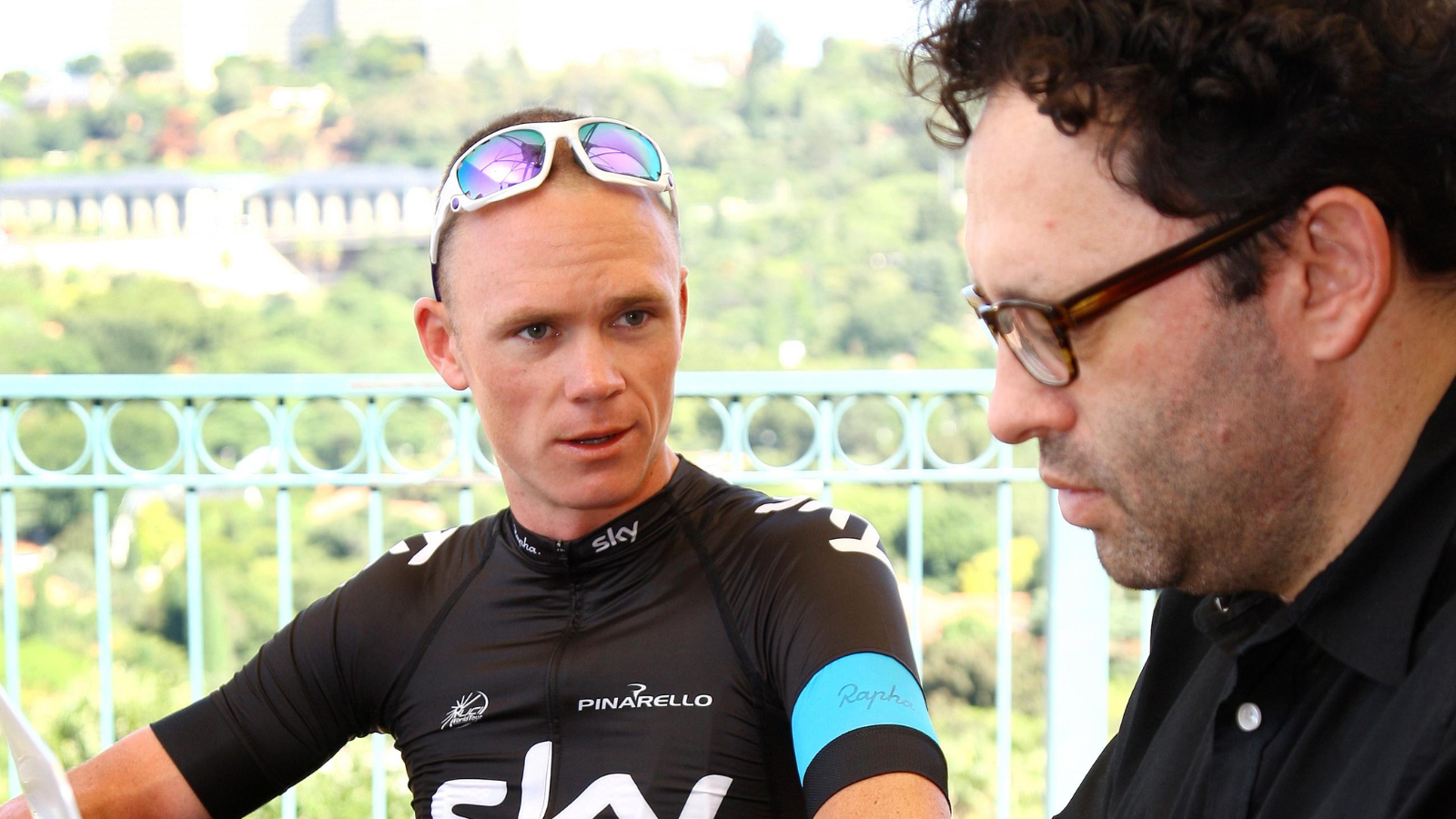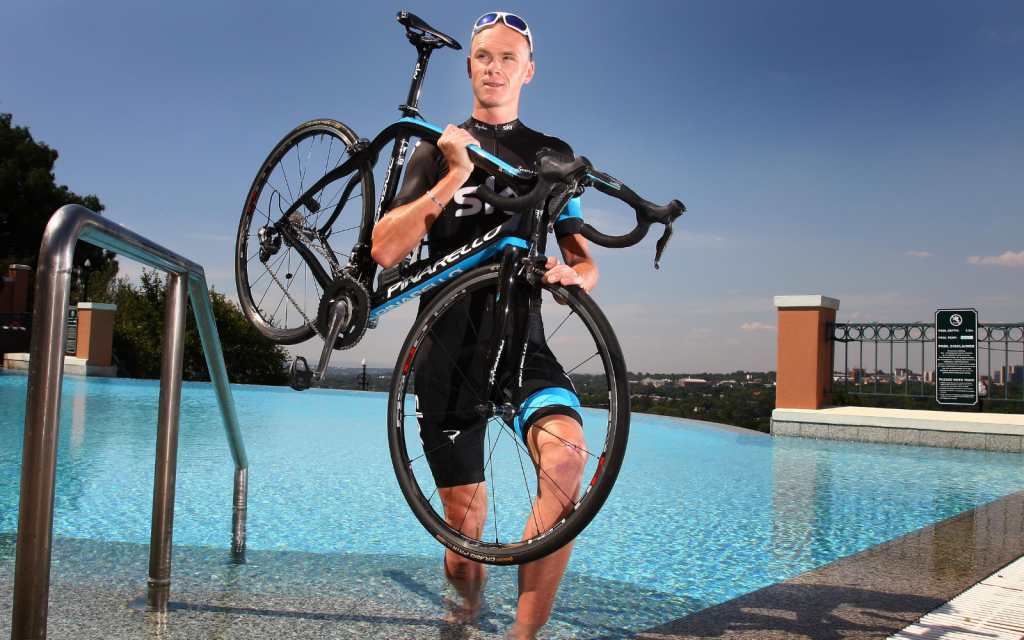The Tour de France is the hardest cycling race in the world – even if it has been sullied by the disgraced Lance Armstrong era of doping – and is the pinnacle of athletic achievement just to compete. High-tech equipment will get you only so far, then natural ability, stamina, teamwork and a passionate intensity to succeed are needed.
This year’s favourite, Chris Froome, has all of these – as well as coming second and winning bronze in the time trial at the Olympics last year – and has spent his off-season in South Africa, honing his preparation. The humble, SA-educated cyclist spoke to Toby Shapshak and Hillel Edelman.

So, how does it feel to be the favourite to win the Tour de France?
“Yeah, it’s exciting, it’s exciting to be in this position. I think every young cyclist dreams of winning the Tour de France. And I’m getting the backing not just of any team, but the defending team. It’s something I have worked hard for and am ready for hopefully.”
“I have the backing of the team and a good program leading up to the tour. We have a few stints up at altitude planned. We basically go up to over 2000m with the rest of the team. We spend blocks of two weeks up there, getting our fitness levels right – up to the levels that we need to be to be ready for the tour.”
On the back of the Lance Armstrong revelations, the sport has been rocked by doping allegations. Now that Armstrong has come clean, so to speak, is the sport itself clean?
“I think the last couple of years have been clean years. If you look at the peloton [the speeds have dropped]. The doping era is definitely something of the past. I think it’s great that cycling is leading the way with anti-doping. I think it’s good that other sports will follow cycling. There is such stringent testing now. Every day we have to put our whereabouts [on the internet] where we are, and people can rock up and test us [at any time]. Not many other sports have that.”
You’re being portrayed as the man to lead the charge for this new clean era?
“It drives me, inspires me a lot, to try to be that figurehead that the sport has cleaned up.”
That is a pretty impressive bike
“Yes, it’s the Pinarelleo Dogma 65.1 Think 2. It’s been the bike we’ve used this past year for the Tour de France. It’s an Italian brand, a very stiff bike. The carbon doesn’t flex when you put pressure on it. This is critical because all the power you push on the peddles goes to the wheels.”
Gears are not what they were when we were kids, are they?
“The bike is equipped with a Shimano di2 electronic group set, which is a couple of years old, and for us, it’s really about precise gear changing.”
“The old system of changing was done mechanically. Now it is done electronically on wires optics. It makes cool electronic sounds when you change gears. It is extremely accurate. With the cable system, they tended to stretch or fray. Now it seems to be spot on on the gear every single time.”
What other tech kit do you use?
“My measurements are done through my SRM unit. It measures the power that we’re pushing through when you ride. It used to be heart rate and now power, but it’s really a combination. All of it is done wirelessly.”
What do you do with the data once you’ve captured it?
“The data can then be uploaded onto my MacBook Pro – each rider has one. On the bus, we have a network and connect to Training Peaks, an online diary of all our training metrics. These are analysed by Tim Kerrison, my personal coach.”
What do you see as the future of technology in cycling?
“The next step will be to keep refining things, trimming down, making bikes lighter and more aerodynamic. Keeping the rigidity [of the frame], not compromising on the rigidity by going lighter.”




